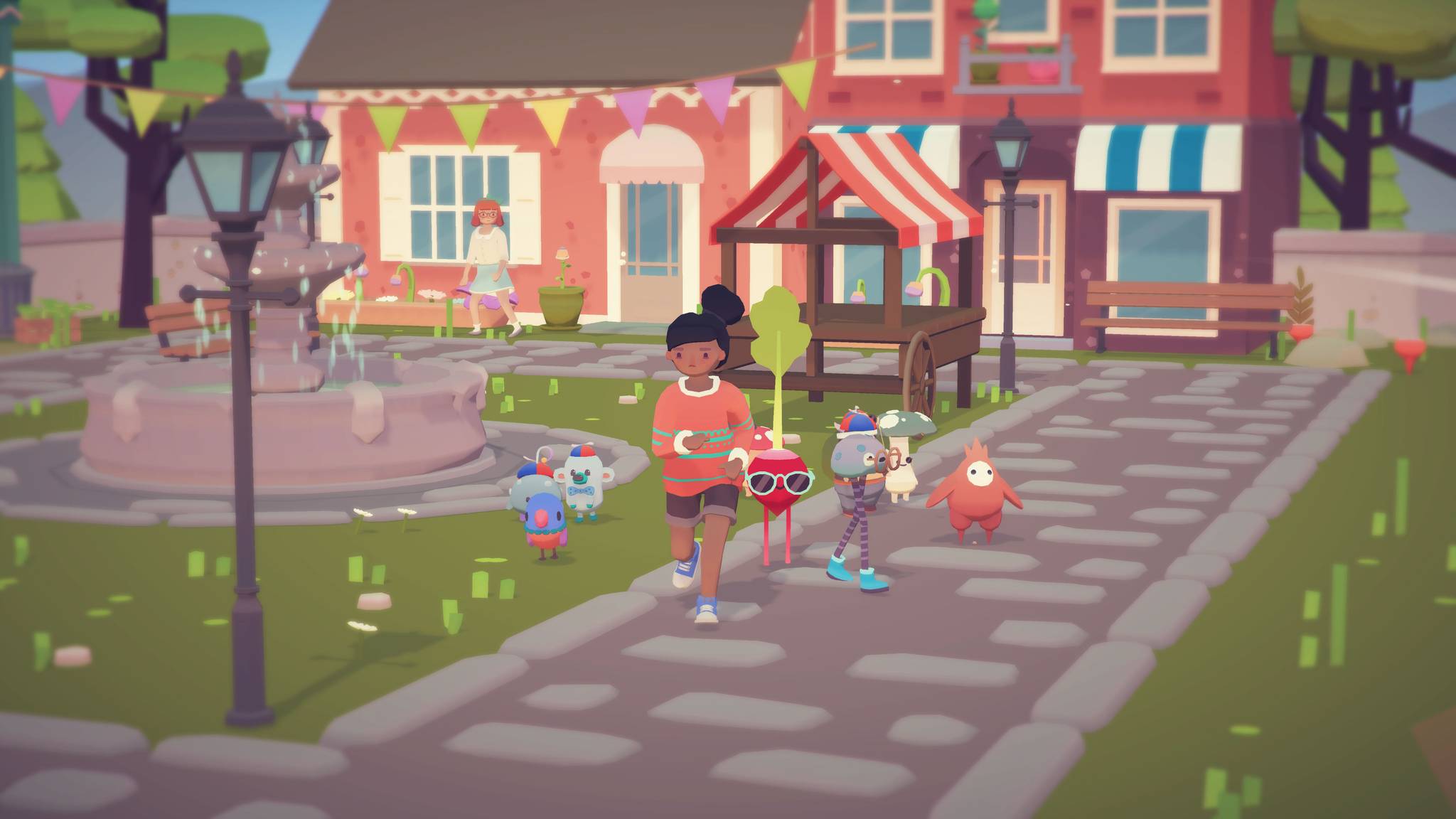
Amid the omnipresence of negative news, social media spats, and polarization, an anti-divisive movement seems to be bubbling. A growing number of gamers are finding an emotional release via Kind Words, a confessional PC game that helps strangers tend to one another's struggles. We explore the insights behind this and why people are embracing the virtual world for real-world guidance.
The game gives players the chance to reach out for comfort by writing virtual letters to real people, all of whom have no incentive to interact beyond a desire to offer help and to be helped. People without any specific problems can also take part by sending out positive messages in the form of ‘paper airplanes’ that can either circulate around the general community or directly reach individuals in need.
According to developer Ziba Scott, the app is necessary in the face of social media’s challenging dynamics. “[Kind Words is] without any of the pressures to be consistent with yourself or to worry that, you know, your mom is going to see this post or your friends are going to overreact when you talk about how upset you are,” he says.
The idea that people want to seek advice under the comfort of anonymity isn't particularly new, yet what’s interesting about Kind Words is that due to its unique dynamics, anonymity fosters positivity as opposed to the malice it often brings out of trolls in the digital age. In fact, as Scott notes, it is the extreme anonymity of the game that permits this. “Some people make a request wanting to be able to reply to someone. If someone writes them a nice letter, they want to reply and maybe start a conversation like a pen pal," he says. "But it's central to the design that you can't. The flow of conversation goes: request, reply, and then a sticker is 'thanks.' No other words. In this way, no troll, no insult ever gets a rise from a victim. No one can ever get that satisfaction of having upset someone if that's what they're trying to do."
The popularity of Kind Words marks a shift as people begin to use gaming not just for competitive fun, but to spread positivity – especially as a counter totoxic gaming culture. Indeed, online anonymity tends to be thought of as a driver of toxicity, and it’s part of the reason that 74% of adult gamers have faced harassment while playing online. But Kind Words shows how people are increasingly looking to counteract trolling with acts of altruism, creating space for brands to offer safe, non-judgemental spaces where people can build connections with one another.
NextDoor is also tackling online negativity by fostering more community connectivity between neighbors with its ‘kindness reminder’ feature, which looks to dissuade people from posting hurtful comments.
Alex Poultney is a junior behavioural analyst at Canvas8. He holds a BSc in Psychology and an MSc in Psychology of Advertising. Outside of work, you’ll find him consuming any form of sport – from grass-roots to high-profile tournaments, or going abroad to sample some of the quirkier foods the world has to offer.



